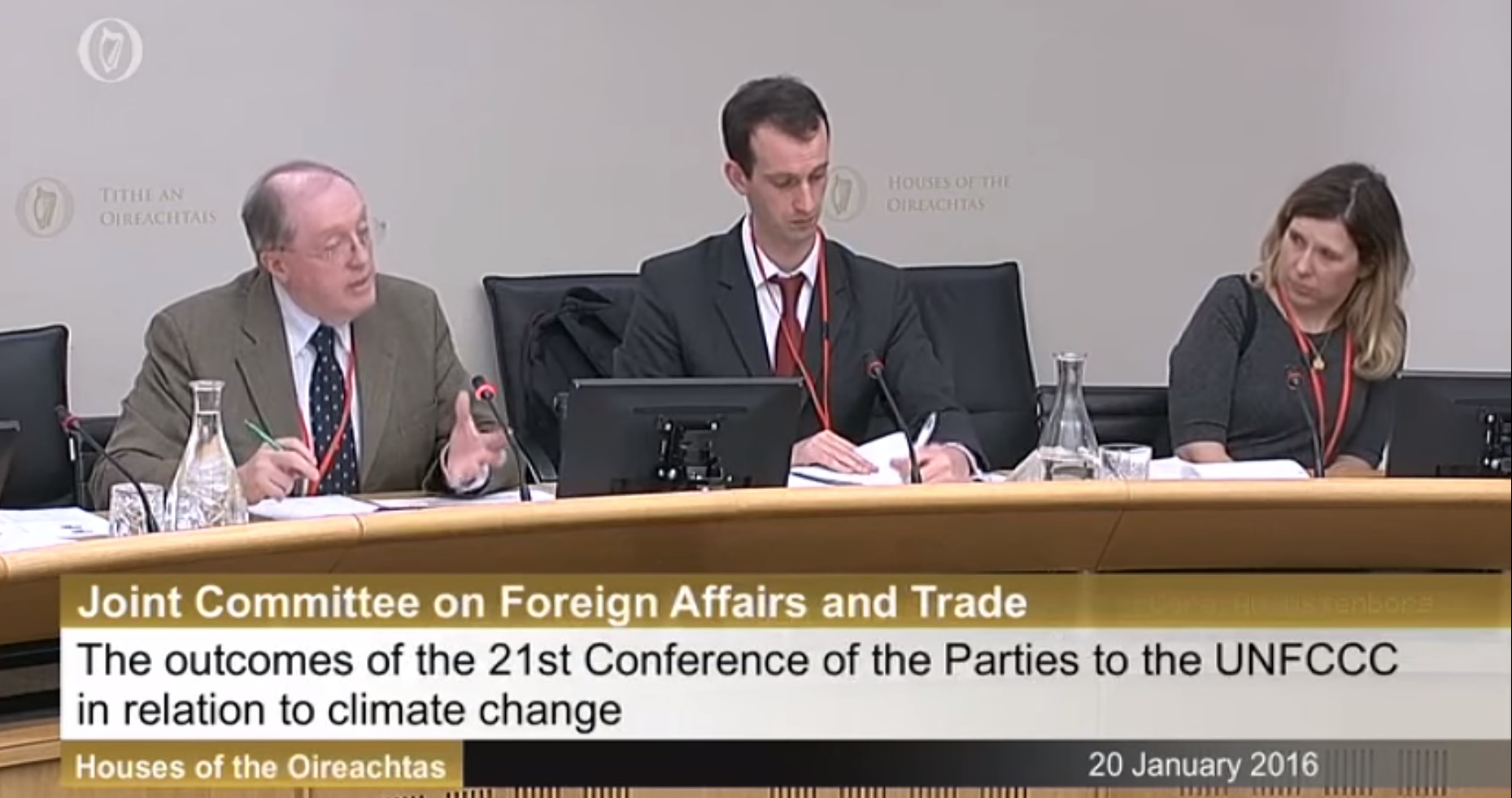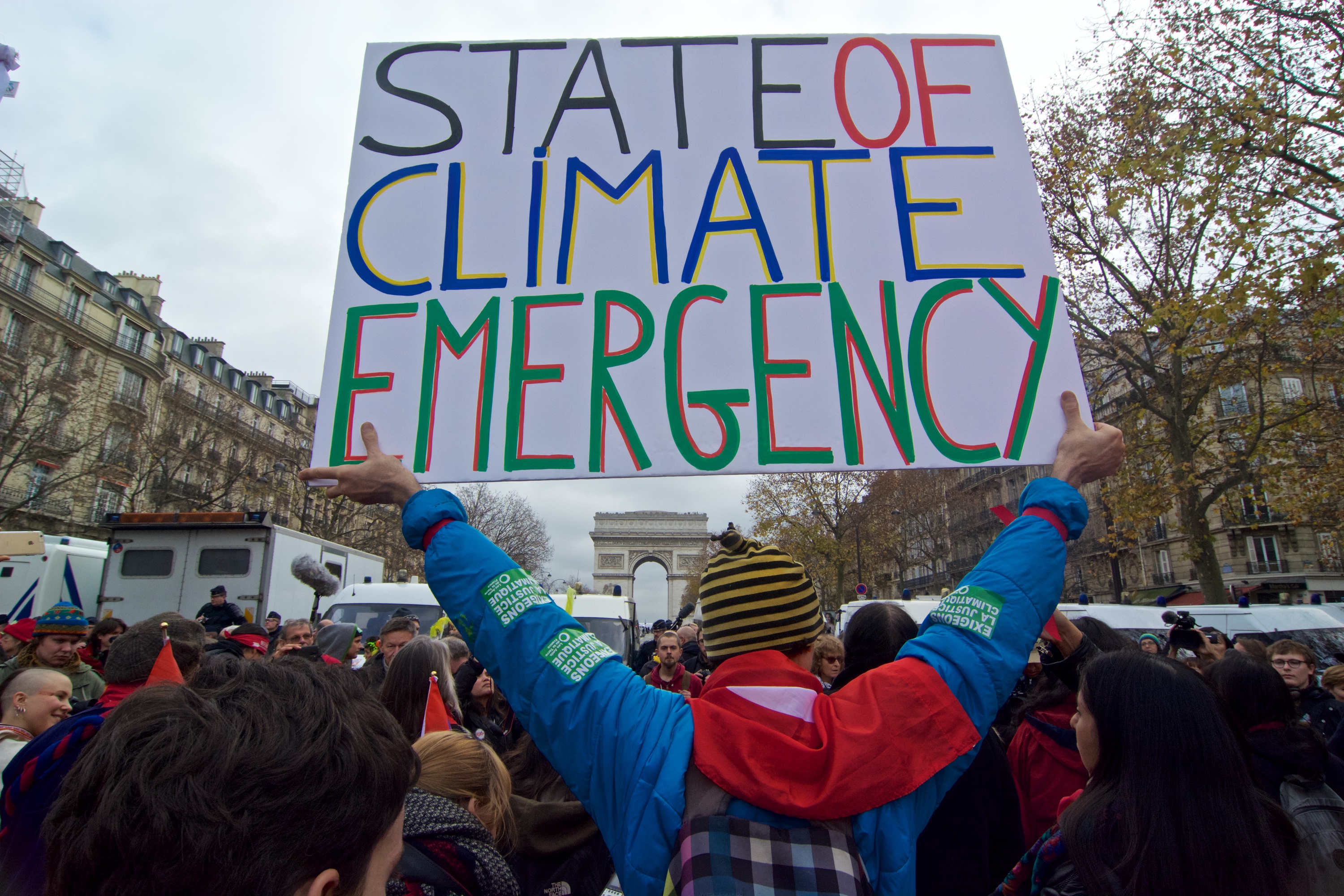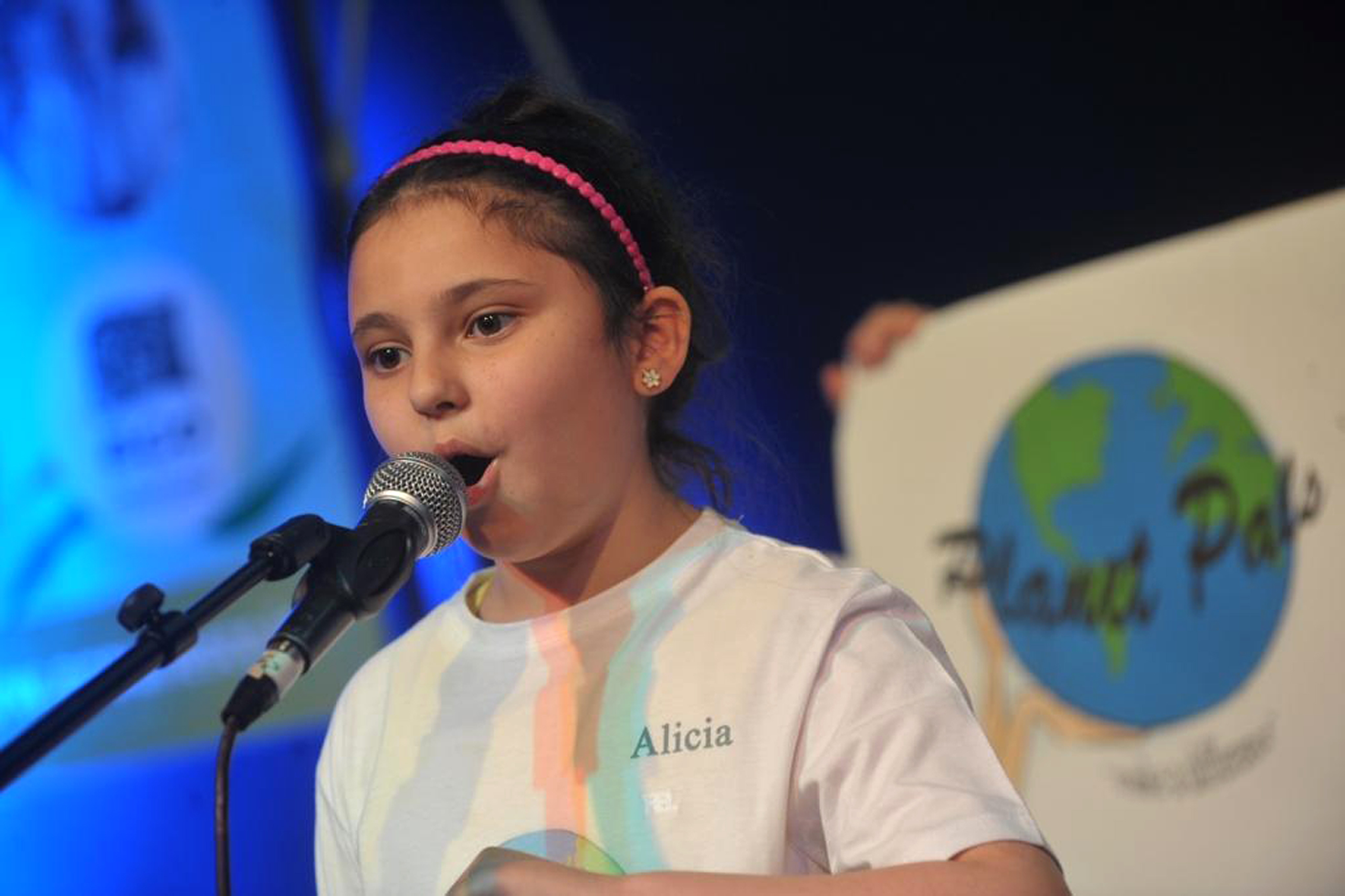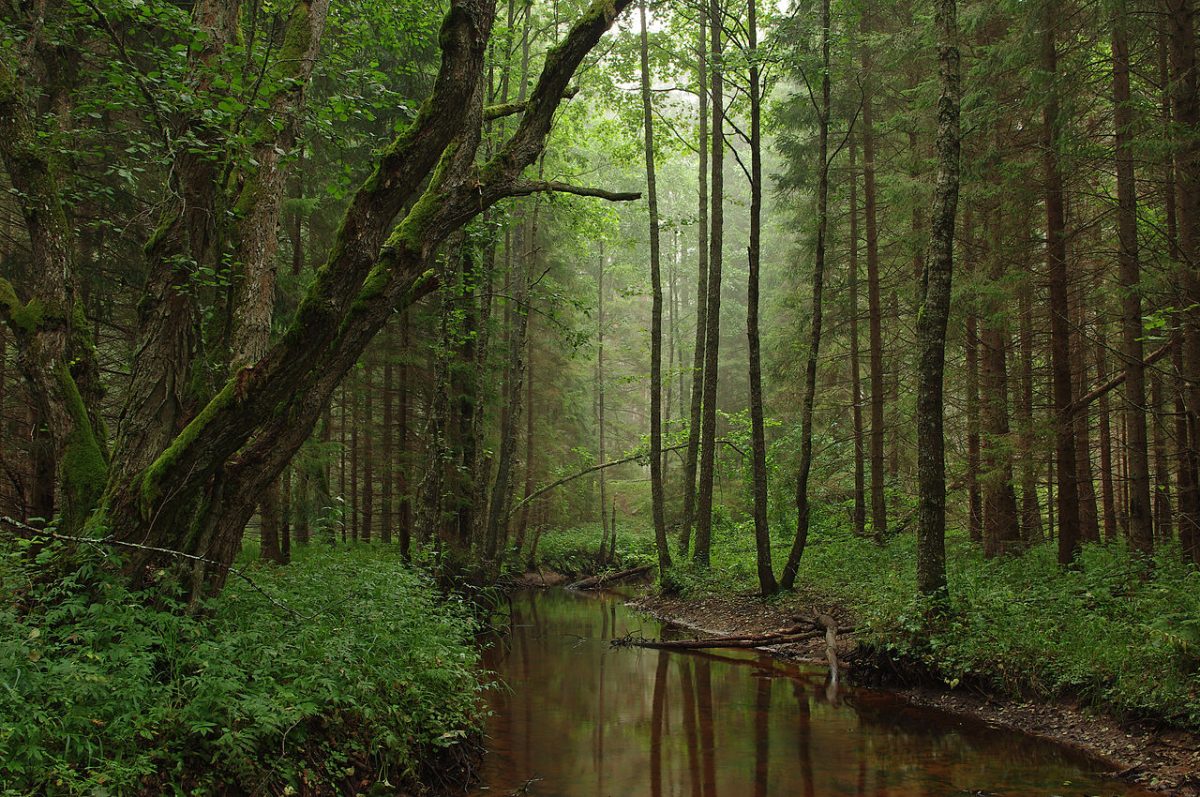Climate Change: Time to tell the full story

August 7th, 2018
The data is sound. The warnings are clear. And the evidence is mounting.
The impacts of climate change are well and truly upon us, with the latest heatwave hitting the Iberian Peninsula and the rest of mainland Europe the latest in a long line of extreme weather events that have hit Europe and the rest of the world in recent months.
This summer’s weather extremes are not isolated singular events, with the four warmest years on record all occurring since 2014. This is the finding of the 28th annual State of the Climate report based on the work of over 500 scientists in 65 countries.
The report states that annual global average CO2 concentrations are at the highest level recorded in 800,000 years, with sea ice coverage at a record low and ocean temperature at a record high.
The melting of Arctic sea ice and the warming of the Arctic, in particular, is changing the jet stream in a way that leads to more persistent extreme events in the summer.
As renowned climate scientist Michael Mann said last week, the impacts of climate change are “no longer subtle” and are playing out in real time right before our eyes.
Clearly then this link is a message that should be put to the Irish people from our national forecaster, Met Éireann – or maybe not.
Only telling half the story
During an interview on RTE’s Morning Ireland last Friday, head forecaster Evelyn Cusack failed to make any attempt to connect the Iberian heatwave to climate change.
When asked to explain the “science behind what’s happening” in Spain and Portugal, we were treated to an overview of how dry, hot air from Africa was on its way up to Europe, but nothing about any links to our changing climate.
We were also informed about the “pleasant” 19 to 24 degrees that we were expected to enjoy over the weekend. Indeed, it is welcome that we escaped the lethal heatwave that circulated around mainland Europe.
And the jovial tone of Met Éireann forecasters on RTE is fine, so long as the wider implications of our changing climate are at least touched on. Met Eireann has a responsibility to provide us with the daily forecast and tell us about the weather – be it calm, mild, or extreme.
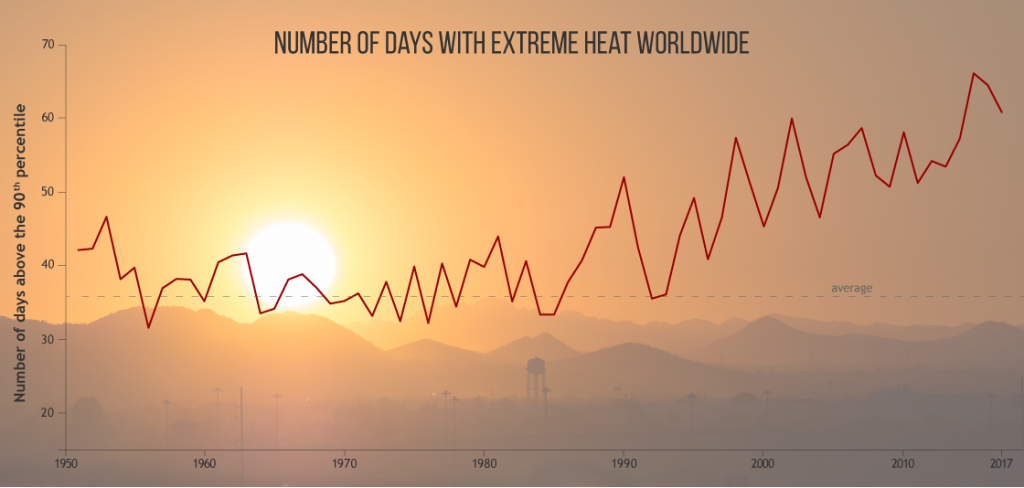
Number of hot days each year since 1950 relative to the 1961-1990 Graphic: NOAA
The Climate Context
But let’s put last Friday’s radio interview in context. It came just one day after the release of the State of the Climate report mentioned above.
It came just two days after the WMO released an analysis of the summer heatwaves, finding that the extreme heat is “consistent” with what is expected as “a result of climate change”. “This is not a future scenario. It is happening now,” WMO Deputy Secretary-General Elena Manaenkova said.
It is also telling then, that on the same day of the WMO release, Met Eireann put out its own report in which it said that it is “not possible” to attribute the individual extreme events of June and July to climate change.
Although it did say that the events are “compatible with the general long-term trend” due to rising greenhouse gas concentrations, the report did not take such a strong stance as Ms Manaenkova.
Funnily enough, the Met Eireann report copied several points from the section on climate change in the WMO analysis, yet concluded that “there is no simple yes or no answer to the question” of the impact of climate change on current weather patterns on our island.
That is a surprising conclusion, especially as it comes less than a week after the World Weather Attribution network (WWA) found that anthropogenic, or man-made, climate change more than doubled the likelihood of the current heatwave in Ireland.

Heatwave hitting Iberian Peninsula, August 2018 Graphic: AccuWeather
Torchbearing media
If Met Eireann is reluctant to link the two pieces of the puzzle, the responsibility then falls on the shoulders of the media to amplify the connection between recent weather events and climate change.
There have been some welcome moves lately, not least the filling of the long-vacant environment editor’s desk at The Irish Times and the creeping of climate change onto the editorial pages in recent weeks.
However, regular reporting of climate issues in the news section that typically dominates the front pages of all major publications remains scant at best.
Last year, the Environmental Protection Agency (EPA) released a report which found that journalistic content on climate change is treated “episodically” and that the media generally does not provide the in-depth coverage that other areas receive.
Take, for example, media reporting of the above mentioned Met Eireann report which highlighted that the thermometer at Shannon Airport hit 32 degrees in June, the highest June temperature recorded there since 1976.
While this fact was picked up across all major broadcast, print and online media, there was no mention of any clear (or at least probable) links to climate change. There was also no pick up of anything from the climate change section of the forecaster’s short nine-page report, the WMO’s release on the same day or the recent WWA data from Ireland.
This may have a lot to do with the fact that there are no political or news reporters in the Irish media landscape with a specific climate brief. This problem is not exclusive to Ireland.
https://twitter.com/rebleber/status/1022189175859277824
Writing on Twitter last week, Rebecca Leber, a reporter focused on climate and environmental issues for Mother Jones, said that many US media outlets put reporters such as herself on the science desk.
”Then when the news happens on policy, politics, and breaking news fronts, the same outlets might miss an obvious climate connection as part of the story,” she added.
Similar to the US media landscape portrayed by Ms Leber, the Irish media is also guilty of “reporting facts and not context” surrounding the recent heatwave, as the environmental journalist, John Gibbons, told The Green News recently.
Our forecasters’ frequent presence in the Irish media is clearly a golden opportunity to explain the connection between the current weather extremes and climate change in a clear manner. Yet, it appears to have been missed on this, and many other, occasions.
It is time for both the Met and the media to work together and communicate this correlation to the Irish public. It is time to tell the full story.
[x_author title=”About the Author”]
